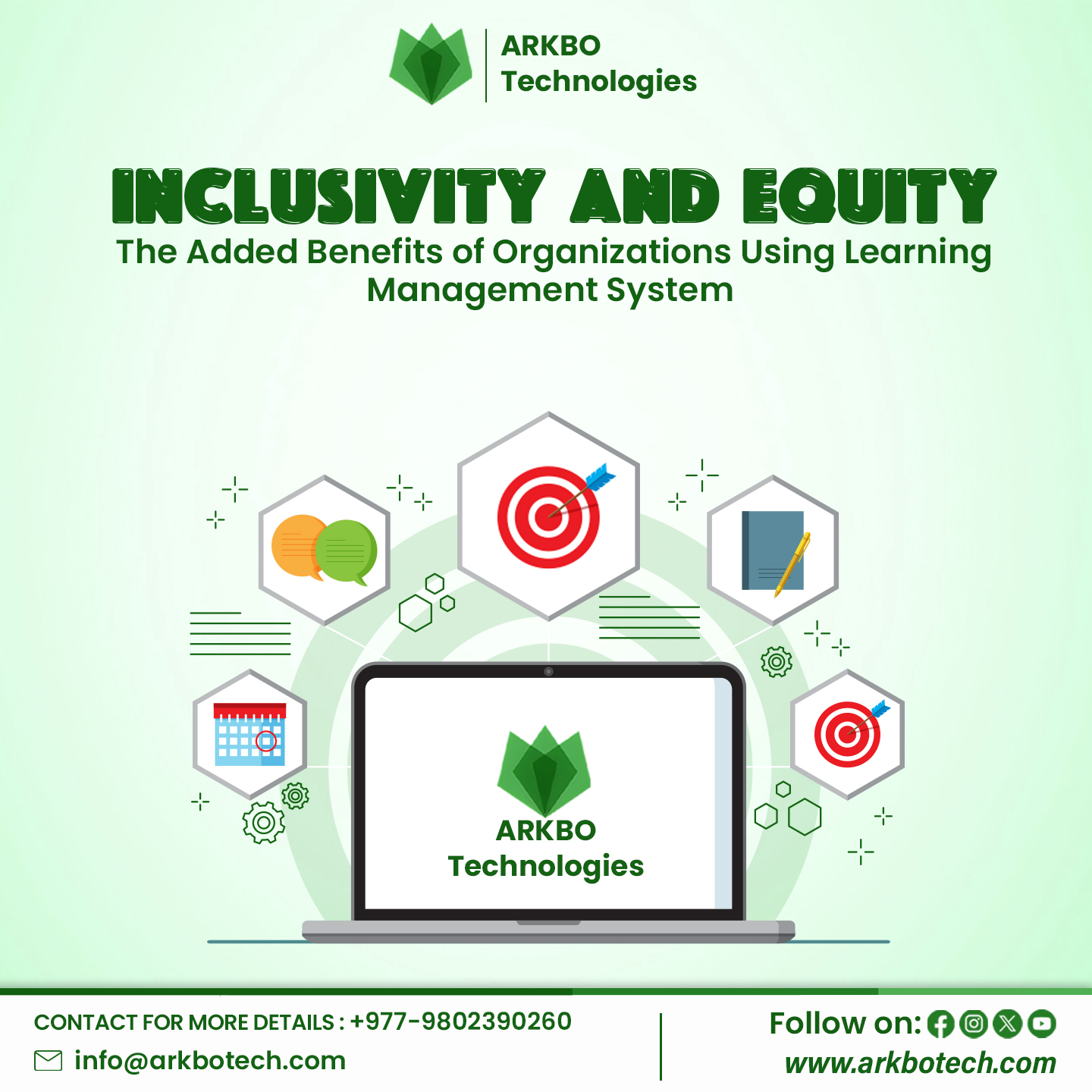
Inclusivity and equity have become essential pillars for organizations aiming to foster a diverse and empowered workforce. As the modern workplace increasingly adopts remote and flexible work models, Learning Management Systems (LMS) have emerged as a transformative tool to support these values. With features designed to meet the diverse needs of employees, including those with disabilities, LMS platforms offer accessible and personalized learning opportunities. Here’s how an LMS helps organizations foster an inclusive environment for all employees, particularly those with disabilities, and why these features make a difference.
A well-implemented LMS provides accessibility options that allow employees with disabilities to engage with content on their terms. Many LMS platforms are designed to adhere to web accessibility standards such as the Web Content Accessibility Guidelines (WCAG). This compliance ensures that individuals with visual, auditory, motor, and cognitive impairments can interact with learning materials and participate in training sessions.
An LMS enables organizations to create personalized learning paths that cater to the diverse needs of their workforce. Rather than a one-size-fits-all approach, employees can choose from a variety of courses and skill-building resources that resonate with their career goals and interests. Through data-driven insights, an LMS identifies each employee’s strengths, development areas, and preferences, allowing organizations to tailor learning experiences accordingly.

Customization and Adaptability of LMS
This customization is essential for fostering equity, as it addresses the unique challenges that may differ between able-bodied and disabled employees. For example, able-bodied individuals may navigate text-heavy or visually dense materials with ease, while employees with dyslexia or visual impairments may require features like customizable font sizes, styles, and screen contrasts. The adaptability of LMS content ensures that all employees have the tools they need to succeed, regardless of their specific needs.
A well-designed LMS not only aids in skill development but also actively works to close skills gaps across an organization. Skills gaps often exist between employees from different educational backgrounds, socio-economic statuses, or regions. By offering consistent access to development resources, organizations empower all employees to enhance their skills and gain new competencies, regardless of their previous experience or formal education.
For employees with disabilities, an LMS provides the added benefit of accessible, flexible learning environments that may be difficult to find in traditional settings. For example, while able-bodied employees may thrive in fast-paced, in-person sessions, employees with learning disabilities often benefit from the self-paced and modular content provided by an LMS. This flexibility allows them to absorb information without the pressures that might arise in a conventional classroom environment, thereby promoting equity across the board.
Contact ARKBO Technologies to learn more about our Learning Management System today.